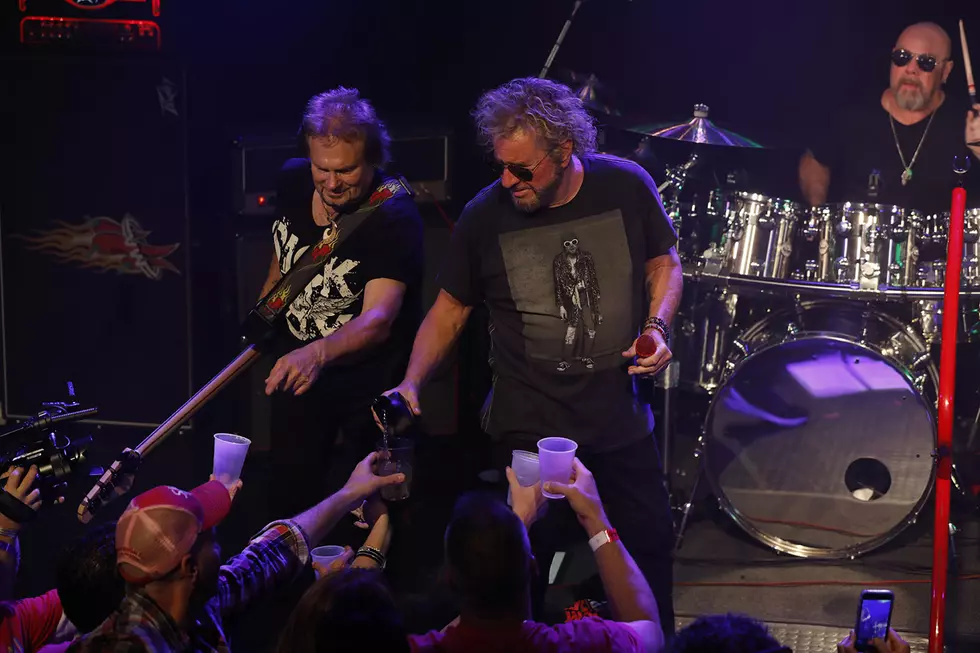
Report: 73 Percent of Independent Musicians Suffer Mental Illness Symptoms
A new study found that 73 percent of independent musicians reported suffering from mental illness symptoms in the past, while only 19 percent felt the music industry provides healthy working conditions. The stats originated from Record Union, a Swedish-based digital distribution platform that conducted the survey among nearly 1,500 indie musicians from March 21 to April 2, Billboard reported Tuesday (May 7).
Record Union's results surmised that nearly three-quarters of indie musicians have experienced "stress, anxiety and/or depression" in relation to their work. The numbers were worse for younger artists: Among those aged 18-25, 80 percent of respondents said they've experienced negative mental health effects rooted in their music careers.
"Our study is telling us that something needs to change," Record Union CEO Johan Svanberg said in a statement provided to Billboard. “It's time to put the state of our artists' mental health on the agenda, before streams and commercial success. We as an industry must wake up and ask ourselves: What's our responsibility in this and what can we do to create a healthier music climate?"
As further detailed in the report, 33 percent of the over 1,000 musicians surveyed said they have experienced panic attacks, while 57 percent reported worrying about their mental health and well-being (41 percent said they worry about it multiple times per day). However, only 39 percent (and 33 percent of those ages 18-25) said they had sought treatment for their symptoms, with 51 percent divulging self-medicating tactics.
The study, called "The 73 Percent Report" by Record Union, has compelled the company to donate $30,000 to projects designed to treat or prevent mental illness among musicians. If you have an idea for such a project, you can submit yours here between May 7 and June 2. Those selected will be published on the site June 3, and users will be able to vote for their favorites before June 16. The top 10 will then meet with an expert panel to determine which three projects split the final award.
"The music industry has traditionally been defining success on commercial terms," Svanberg added. "To be seen as successful you need to reach high sales and tour goals. It's always money first. To create a more sustainable music climate with healthier artists, we believe that this needs to change and that artists need to start thinking about their mental health as part of the success."
The results form the latest in a series of studies examining music and its impact on our mental and physical surroundings. Earlier this month, two professors concluded that music streaming is bad for the environment.
66 Most Important Moments in Metal History
More From Classic Rock Q107










